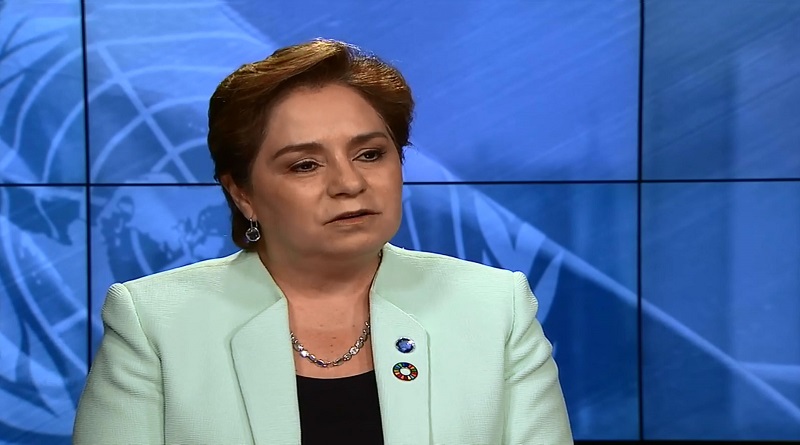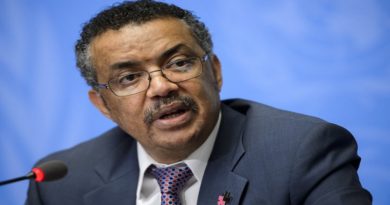UN, investors launch tools to help industry assess impacts from climate change
Twenty institutional investors from 11 countries convened by the UN Environment Finance Initiative (UNEP FI) on Friday May 10, 2019 launched comprehensive investor guidance to help assess how climate change and climate action could impact investor portfolios around the world. These assessments enable investors to be more transparent about their climate-related risks and opportunities in line with the recommendations from the Financial Stability Board’s Task Force on Climate-related Financial Disclosures. They will also help investors contribute to and benefit from the transition to low-carbon and climate-resilient economies.
Climate change is already impacting communities and economies around the world and these impacts will continue to intensify. Extreme weather events, including floods, tropical cyclones, and extreme hot and cold days are already physically impacting business operations. At the same time, policy and technology shifts ensuring that we make the transition to a low-carbon economy mean that emission-intensive companies will become less competitive. These changes pose potentially unprecedented risks—and opportunities—to institutional investors and other financial institutions who are exposed to these businesses.
Results of the analysis show that government inaction on climate change will further exacerbate costs and risks, to the tune of USD 1.2 trillion for 30,000 of the largest listed companies.
“We now know for sure that climate change will alter our living environment radically for the worse,” said Satya Tripathi, UN Assistant Secretary-General and Secretary of the UN Environment Group. “If we are serious about the future of our civilization and about delivering the Paris Agreement, we will have to fully decarbonize the economy by 2050, requiring no less than a ‘green industrial revolution’. It is still possible for us to act decisively to prevent catastrophic damage to the very web of life that sustains all species on the planet, including us humans.”
The guide provides a state-of-the-art overview of approaches, tools, and providers available to investors today. It also details the methodologies piloted by the 20 investors and summarises their experiences.
As part of the finance sector, investors have a key role to play in safeguarding financial stability and catalysing decarbonisation and climate adaptation. The Task Force’s recommendations are ground-breaking as they encourage investors to disclose the climate-related impacts on their investments and to look into the future through scenario analysis. Investors who take a long-term approach and are transparent about climate-related risk contribute to building a more resilient financial sector.
“In 2015, I spoke of the ‘Tragedy of the Horizon’ – the catastrophic impacts of climate change will be felt beyond the traditional horizons of most banks, investors and financial policymakers, who do not have the direct incentives to fix them.” Said Governor of the Bank of England, Mark Carney. “Since then, important progress has been made from the Paris Accord to advances in managing the risks around climate change and optimising the returns in the transition to a low carbon economy. For the first time, a path to break this Tragedy is becoming possible.”
The investors that led this work are Addenda Capital, Aviva, Bentall Kennedy, Caisse de Dépôt et Placement du Québec, Citibanamex, City Developments Limited, Desjardins Group, DNB, Investa, KLP, La Francaise Group, LaSalle Investment Management, Link REIT, Manulife Asset Management, M&G, Nordea Investment Management, Norges Bank Investment Management, Rockefeller Asset Management, Storebrand Asset Management, and TD Asset Management.
They were guided in this work by advisory and modelling firms Carbon Delta and Vivid Economics.
“The planet does not have time for excuses,” said Maurice Tulloch, CEO, Aviva plc. “Investors have a central role to play in moving the world to a low-carbon future. This collaboration shows how we can all take better decisions, for our customers and for the environment. Aviva will keep calling for proper disclosure from the companies we invest in, while working with regulators and policymakers to make sure capital markets properly take account of these risks. The cost of doing nothing is far greater than any costs incurred by taking action.”
.




